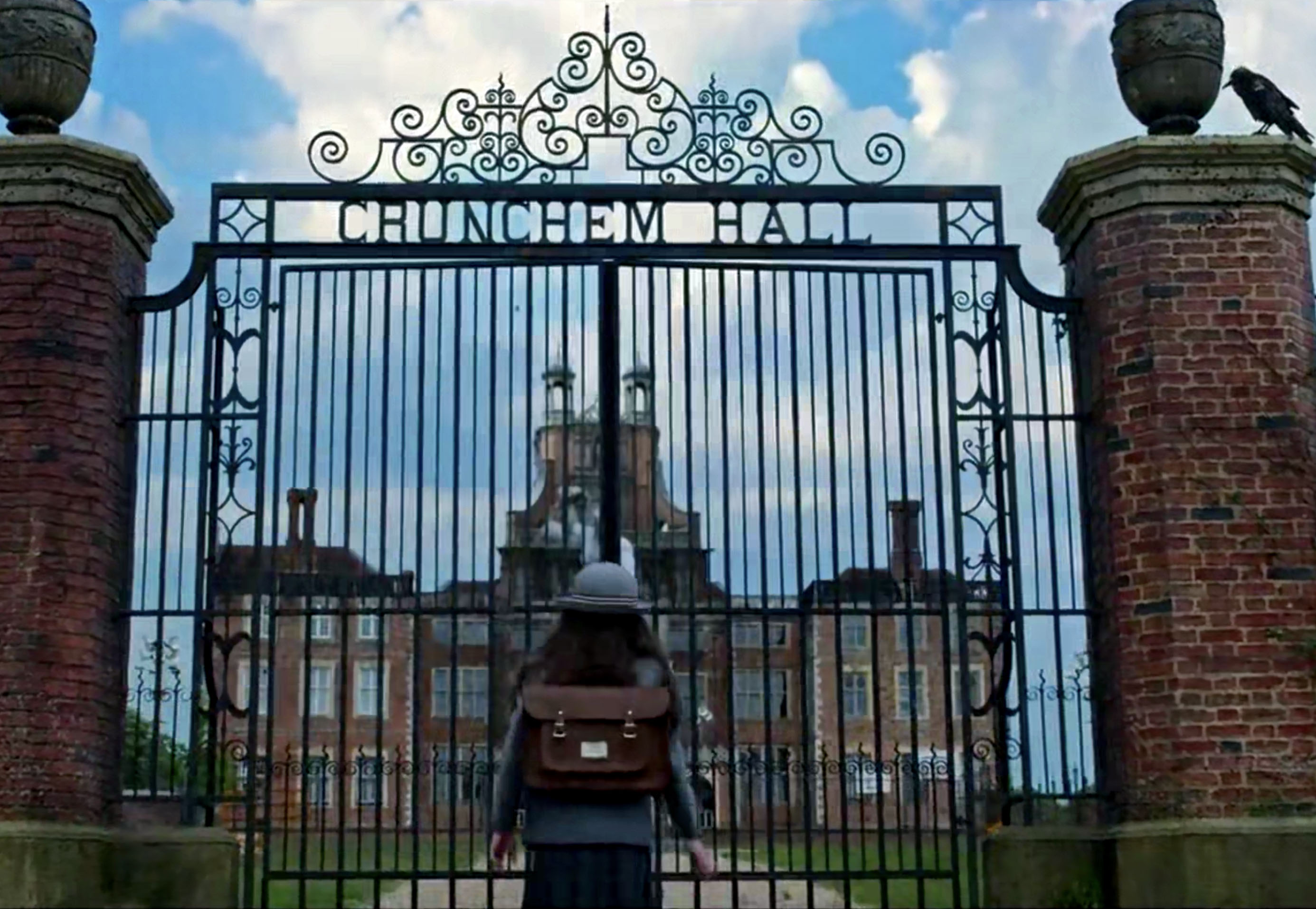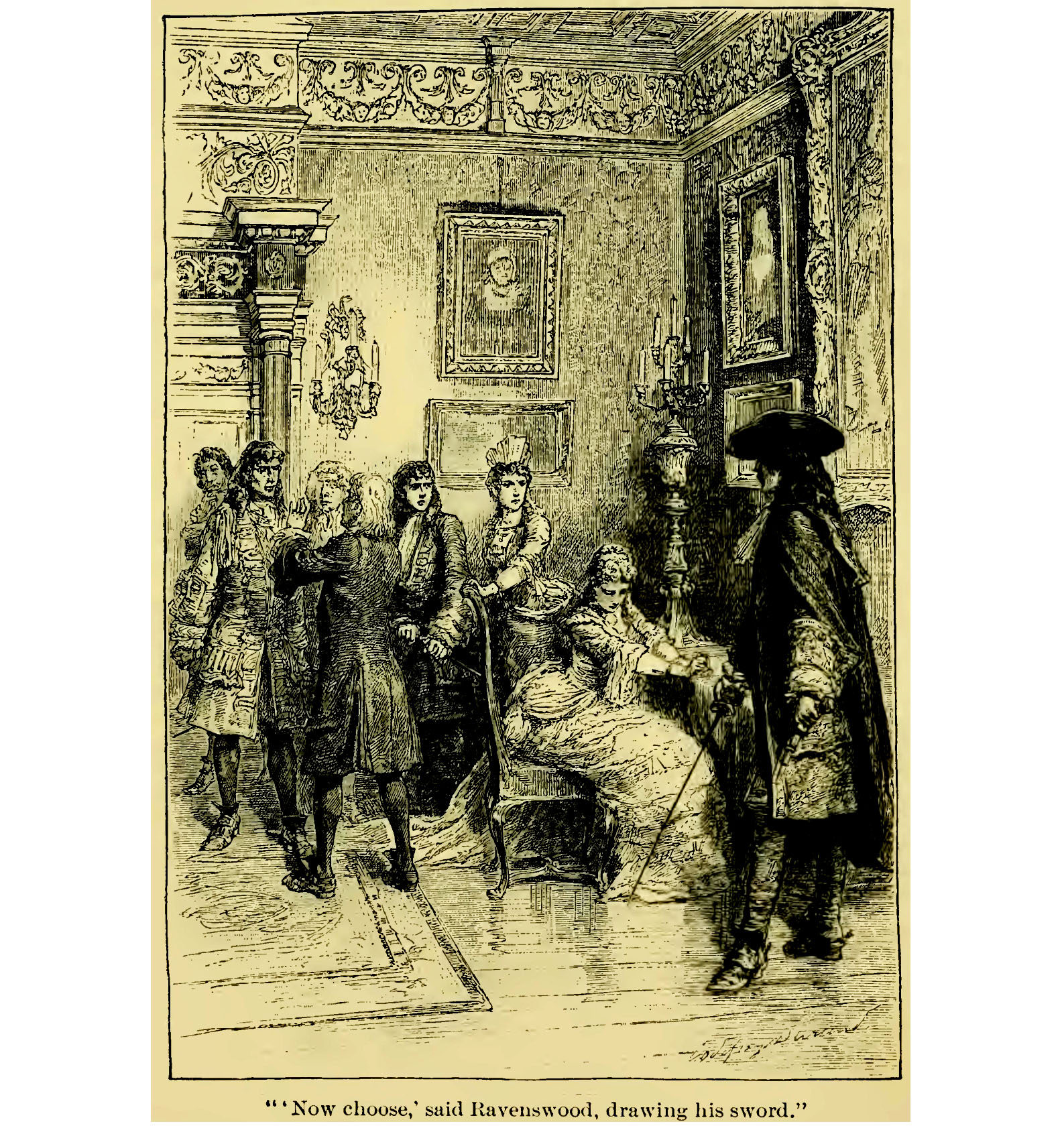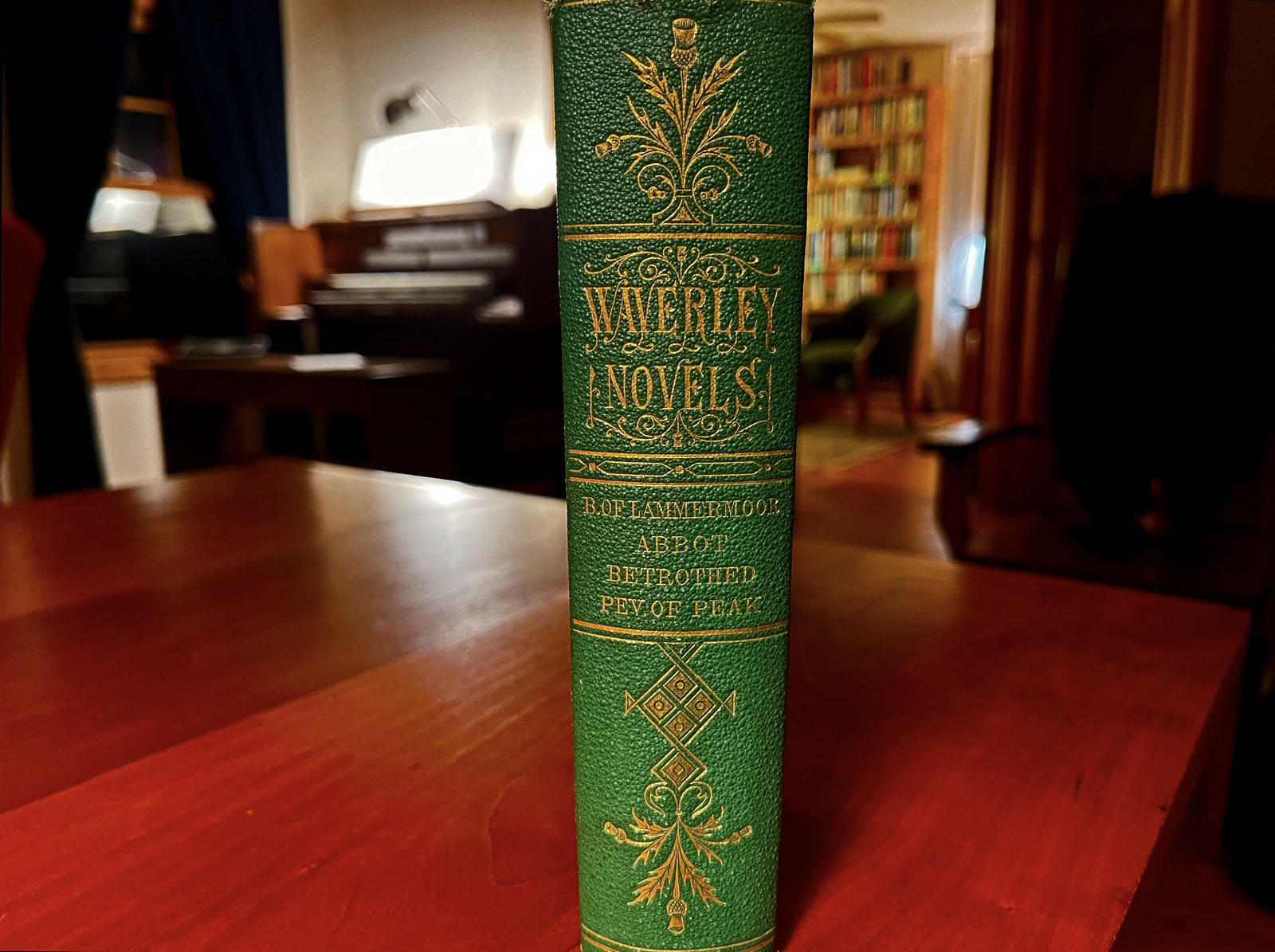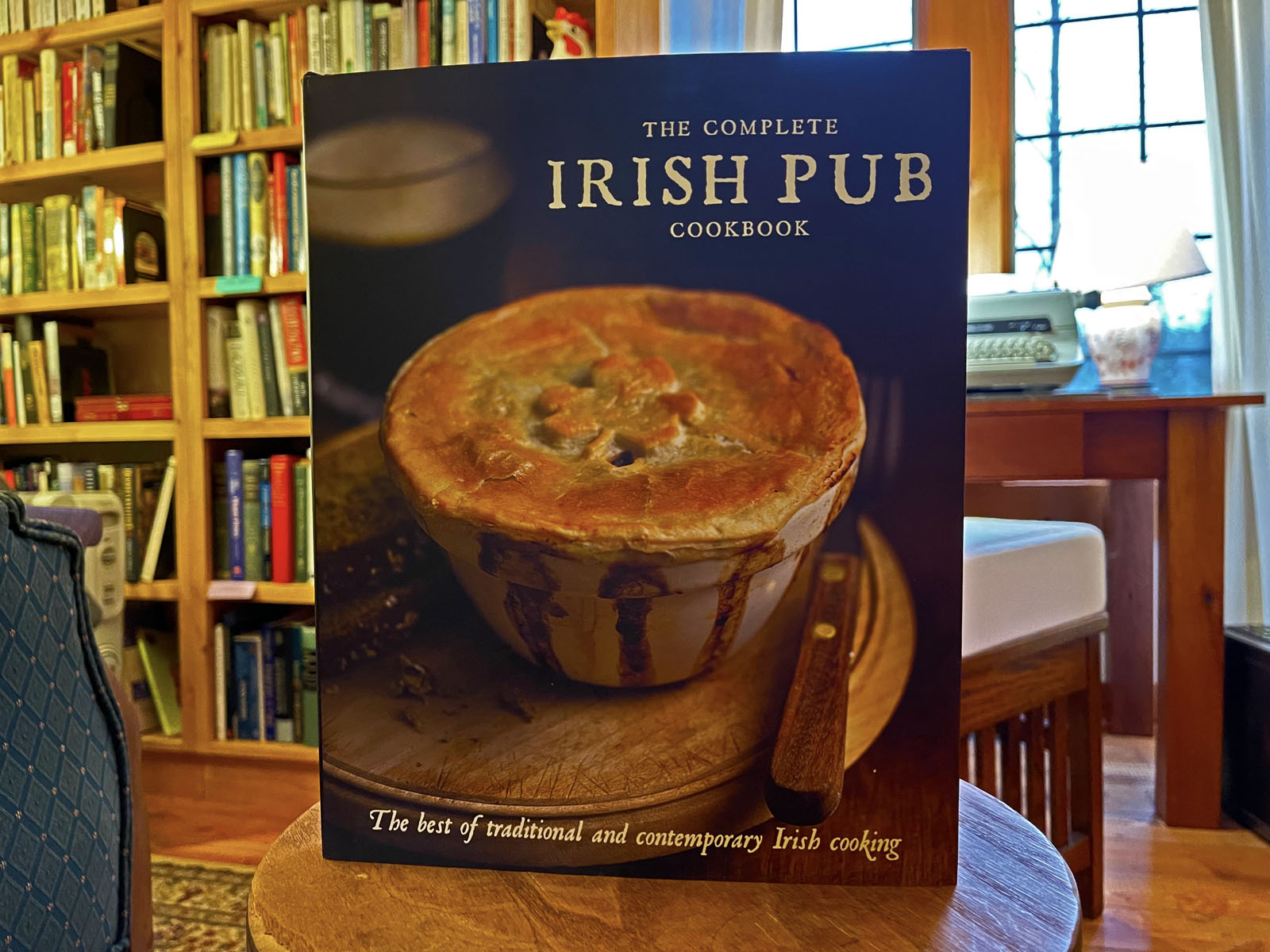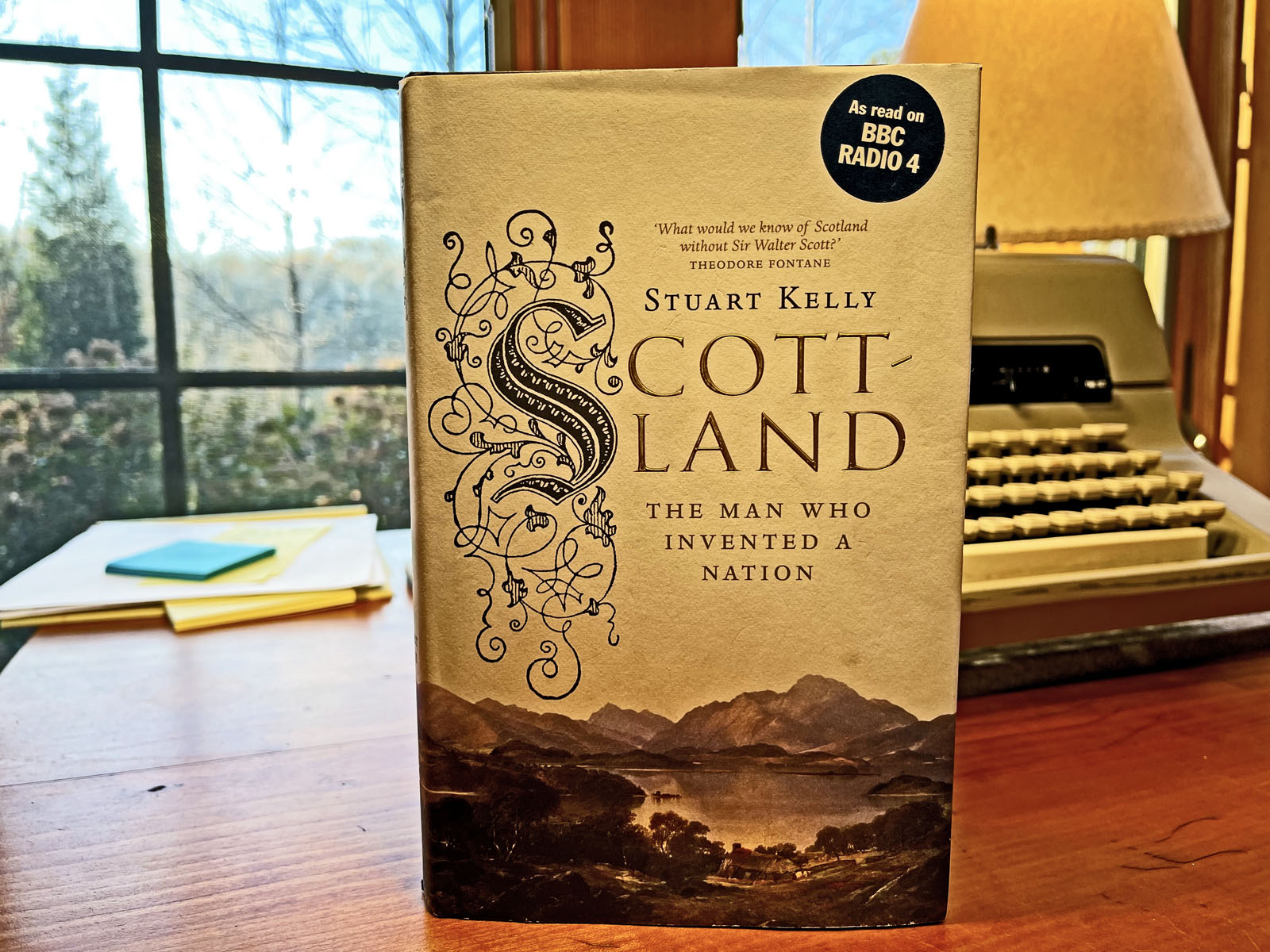
A little Googling shows that the first cell phones became available in March 1984. I admit that I was fascinated and aspired to own one. It was not until 1995, though, that I first acquired a cell phone. That was when I went to work for the San Francisco Examiner, and they assigned me a phone as a 24/7 tether to the office.
The cell phones of the 1990s actually were quite good, though they were big and heavy. As long as you had a decent signal, the voice quality was as good as land lines. Then cellular service started going digital. We were promised that digital would be much better than analog, but that was a lie. By 2008, cellular providers no longer had to support analog phones. They dropped analog service in no time.
The end of analog service in 2008 was an ugly landmark in the history of the telephone. Voice quality dropped appallingly, as cellular carriers “compressed” the audio in order to be able to support more customers. A telephone conversation became an ordeal.
But another ugly landmark had occurred in 2007. That was when the first iPhone went on the market. The iPhone looked nothing like a telephone. It was flat — an absurdly unsuitable shape for a telephone. The reason it was flat, of course, was because the screen had become the most important thing. Even the old flip phones, which people now make fun of, were better telephones, because they had a bit of curve in them and accorded at least a little attention to the location of the human mouth and ear.
Telephones have fascinated me since I was a child. One’s telephone was one of the most loved objects in the house. In those days, it was the only two-way connection to the outside world. We actually used our telephones to have long talks with our friends in those days, and we enjoyed it. But by 2010, I had come to hate telephones. I wasn’t the only one. I hated them when they rang. I especially hated it when other people’s telephones rang. I hated telephones when I had to talk on them. I hated listening to other people talking on their phones, which was almost impossible to avoid in public places until (what an improvement) texting became more prevalent.
The red phone in the photo was my land line during my years in San Francisco. I love that phone, and I’ll never part with it. Was there ever a design better than the old telephones made by the Bell System and Western Electric? Young people today have probably never talked on such a phone. I will never forget them.
But for years my red telephone went unused. I experimented with services such as Verizon’s fixed cellular service, back around 2018, but that worked very poorly, because Verizon signals were so weak in rural areas.
But rural cellular service here has gradually gotten better. With a T-Mobile hot spot in my attic, I actually can get a data signal strong enough to be able to use cellular over WIFI, which, at least where I am, gives better voice quality than a direct cell phone connection. And I found a device that allows me to dedicate one of my cell phones to sitting on a shelf and imitating a land line, with my old red telephone connected to it.
The device is called a “Cell2Jack.” It costs $39 on Amazon. You can plug an old telephone into it. If your house has telephone wiring, you can connect the Cell2Jack to your house wiring. The device uses Bluetooth to become a telephone client of your cell phone. When I first bought the Cell2Jack, I wasn’t satisfied with its audio quality. But after a firmware update, plus T-Mobile’s recent improvements, the device works remarkably well. Not only can I use my old Bell System phone on those occasions when I can’t avoid a dreaded phone call. I actually can hear without straining my ear and my brain to try to understand the person (or robot) on the other end of the line.
As for talking on a flat, slippery device with a screen, I’d rather be beaten.




